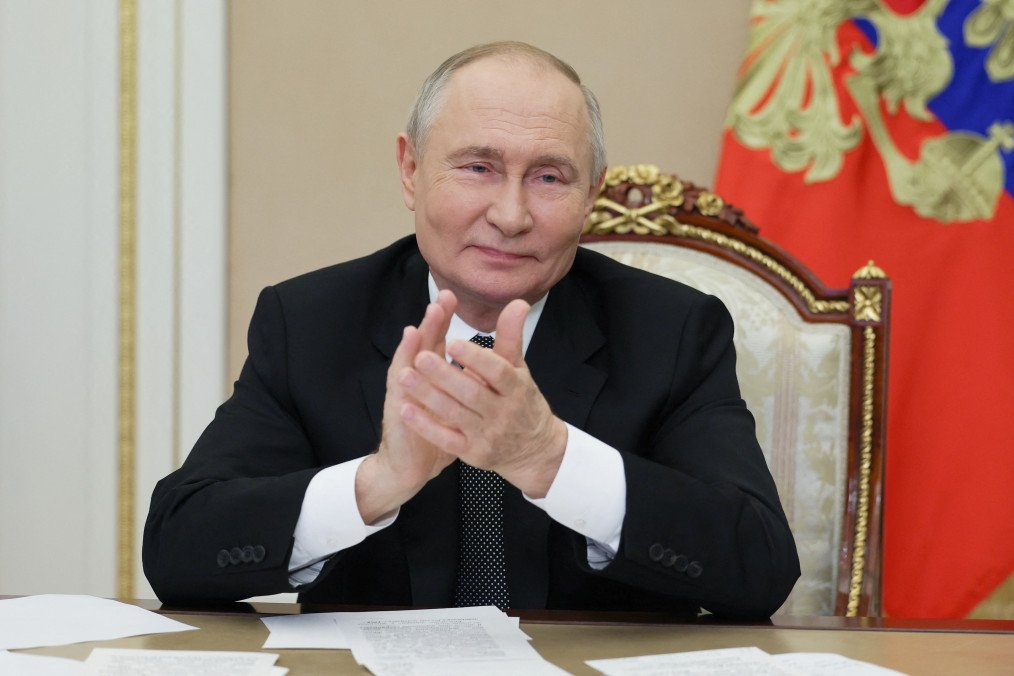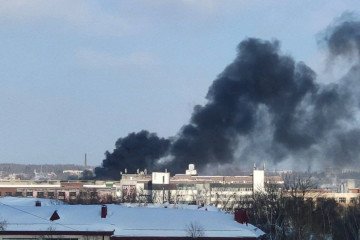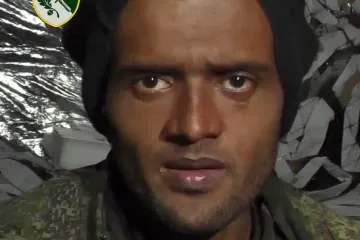- Category
- Latest news
US Intelligence Declassifies Report on Kremlin-Ordered Killings Abroad

A newly declassified report by US intelligence reveals a pattern of assassinations abroad allegedly sanctioned by Russian leader Vladimir Putin, targeting political opponents, defectors, and dissidents.
According to Bloomberg, document, titled “Kremlin-Ordered Killings Abroad Likely to Continue,” was prepared in 2016 by the National Intelligence Council for the US Congress. It examines Russia’s use of extraterritorial assassinations from 2000 to 2016 and highlights a series of high-profile killings linked to Russian intelligence operations.
Key incidents detailed in the report
Among the cases cited are:
The 2004 assassination of Zelimkhan Yandarbiyev, a former Chechen leader, who was killed in Qatar. Two operatives from Russia’s GRU were convicted but later extradited to Russia, where their whereabouts remain unclear.
The 2006 poisoning of Alexander Litvinenko, a former FSB officer, with radioactive polonium-210 in London. UK authorities identified Andrey Lugovoy, a former Russian intelligence operative, as a key suspect.
The 2012 death of Alexander Perepilichny, a Russian businessman and whistleblower, who collapsed while jogging in the UK. The report suggests his death involved an unspecified biological toxin, though UK investigators did not formally conclude foul play.
The 2015 killing of Alexander Bednov, a prominent separatist leader in eastern Ukraine, who was reportedly targeted with a flamethrower weapon while traveling in an armored vehicle.
The report also references the 2004 poisoning of Ukrainian presidential candidate Viktor Yushchenko with dioxin, suggesting potential involvement by Russian intelligence.
The report asserts that many of these assassinations were likely ordered to silence dissent or eliminate perceived threats to the Kremlin. It further alleges that Putin personally authorized some of these operations, including high-profile poisonings.
Additionally, the document highlights the role of Ramzan Kadyrov, the head of Chechnya, in directing targeted killings abroad, often involving firearms.
The US intelligence community points to systematic efforts by Russian authorities to employ chemical and biological agents in assassinations. The report notes a focus on former intelligence operatives, defectors, and political figures from ex-Soviet states who advocate for democratic reforms or challenge Russian policies.
The report warns that such killings are “highly likely to continue,” reflecting a longstanding strategy by Moscow to consolidate power and suppress opposition.
Although the document has been partially declassified under US freedom of information laws, significant portions remain redacted.




